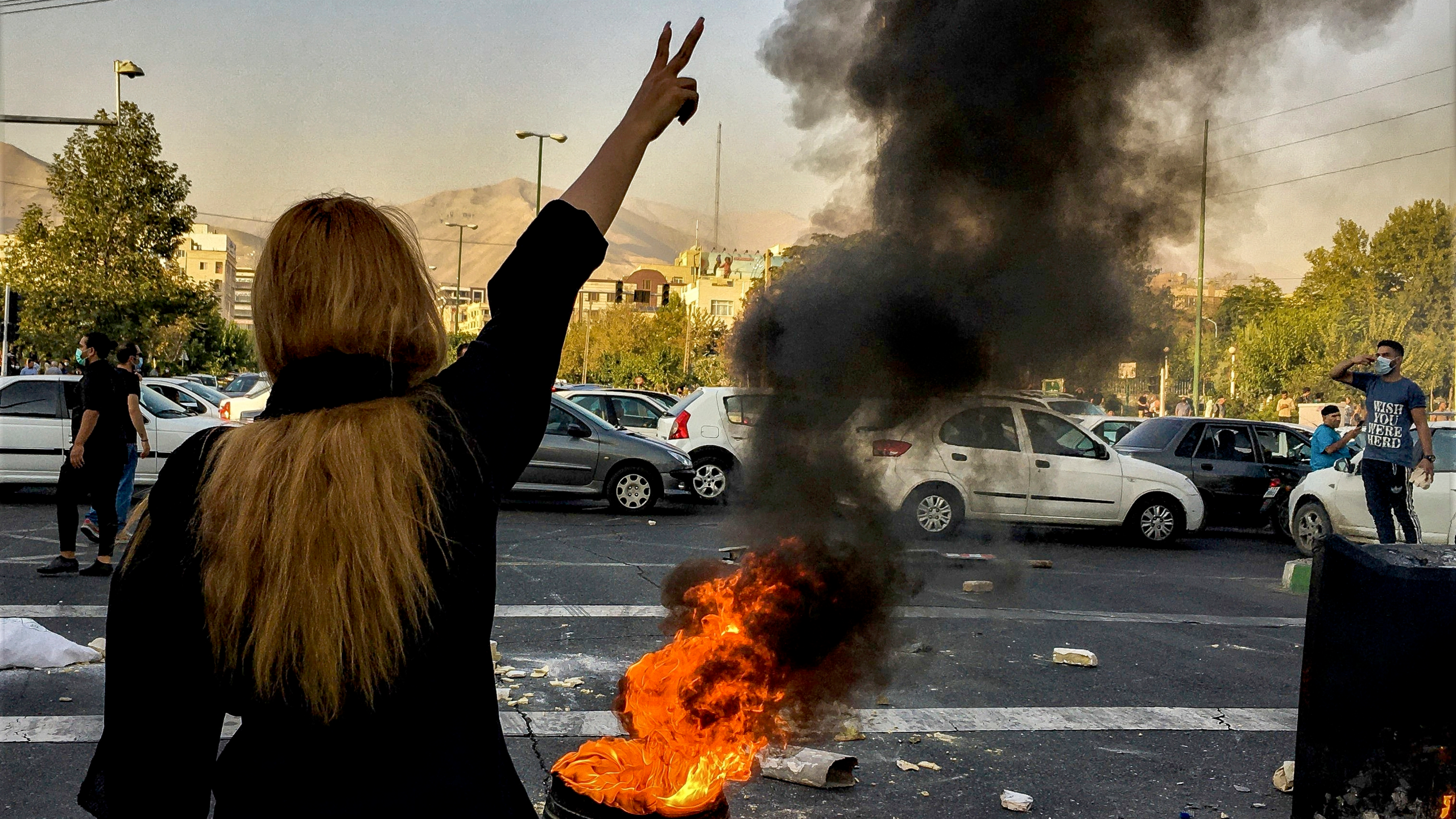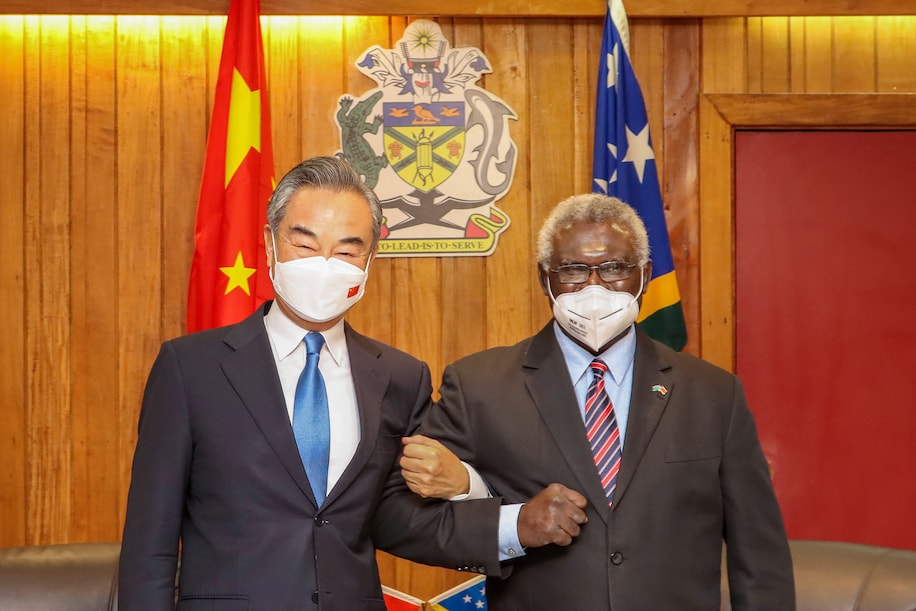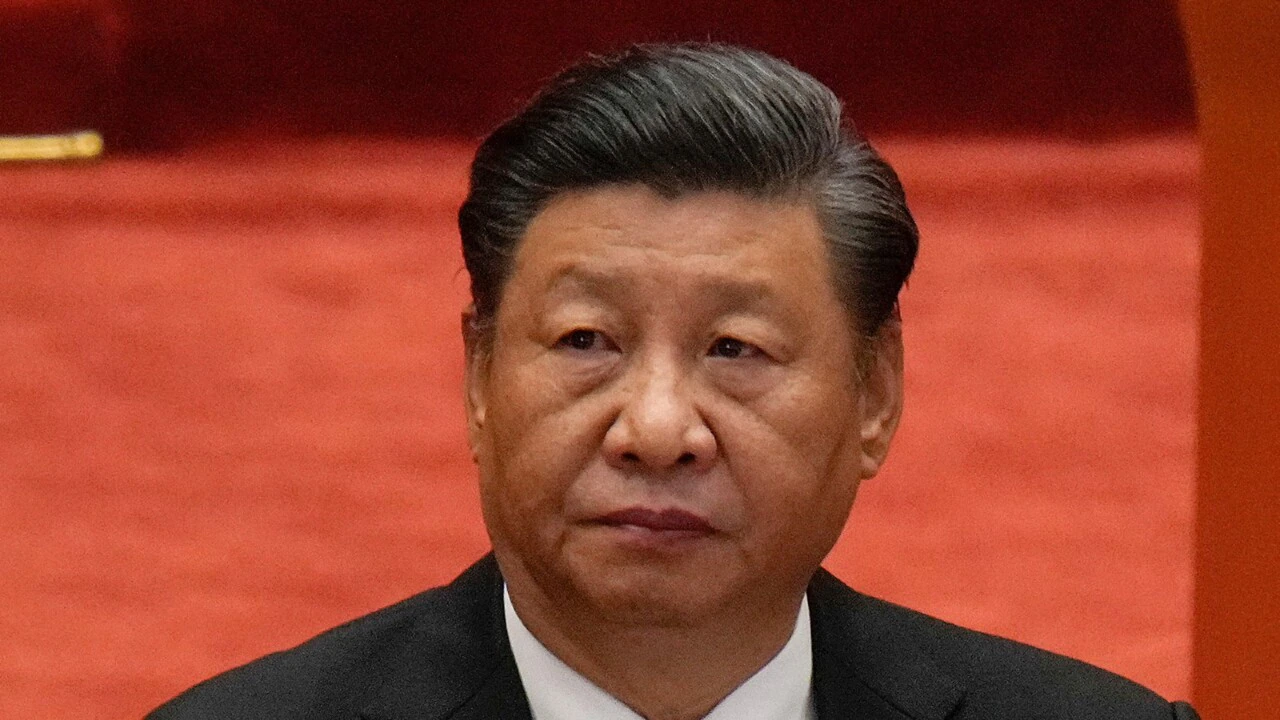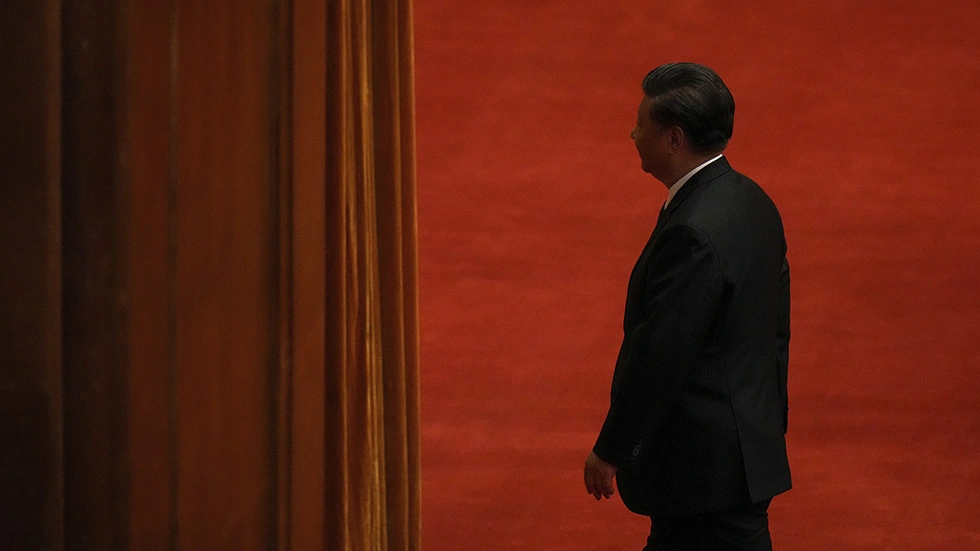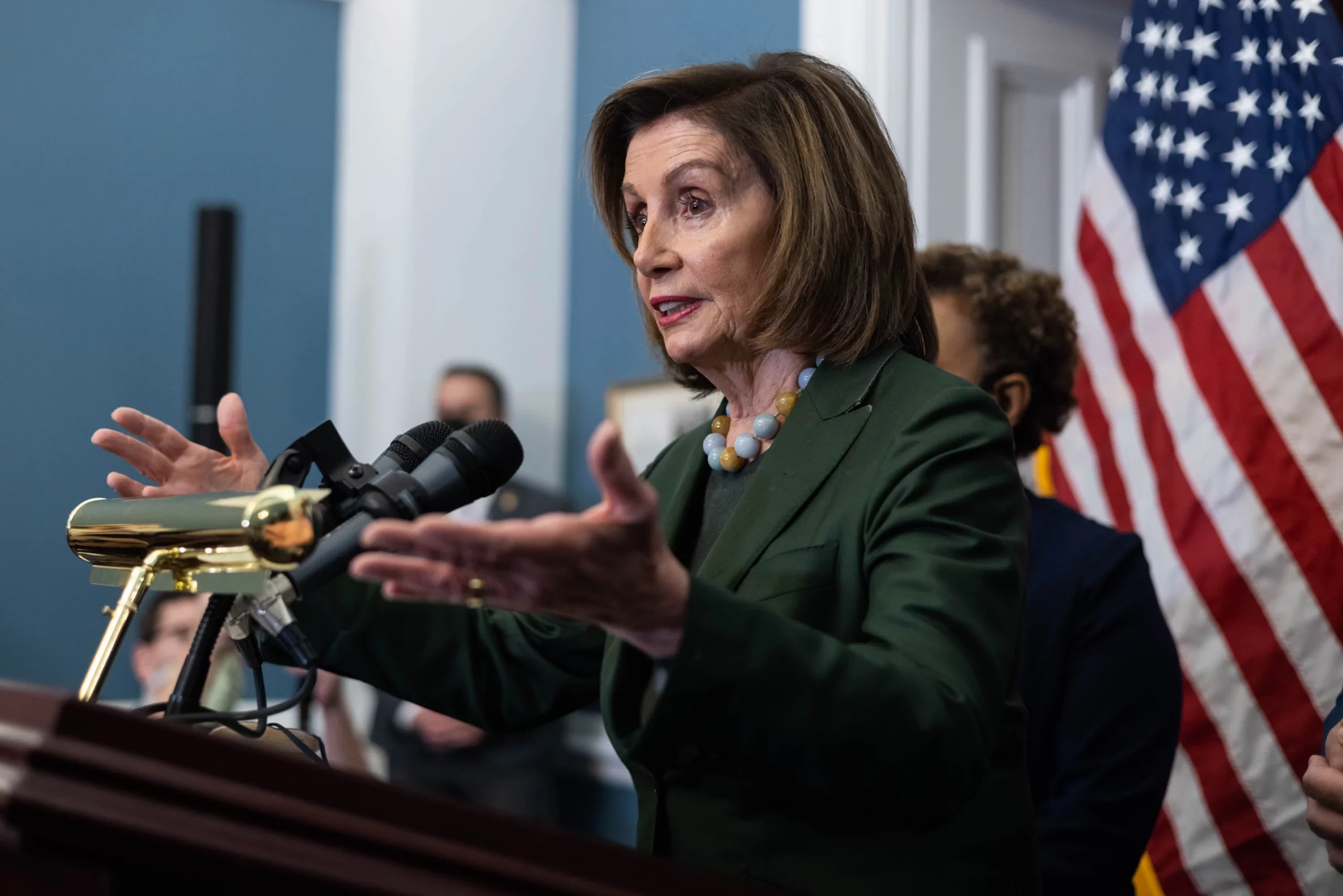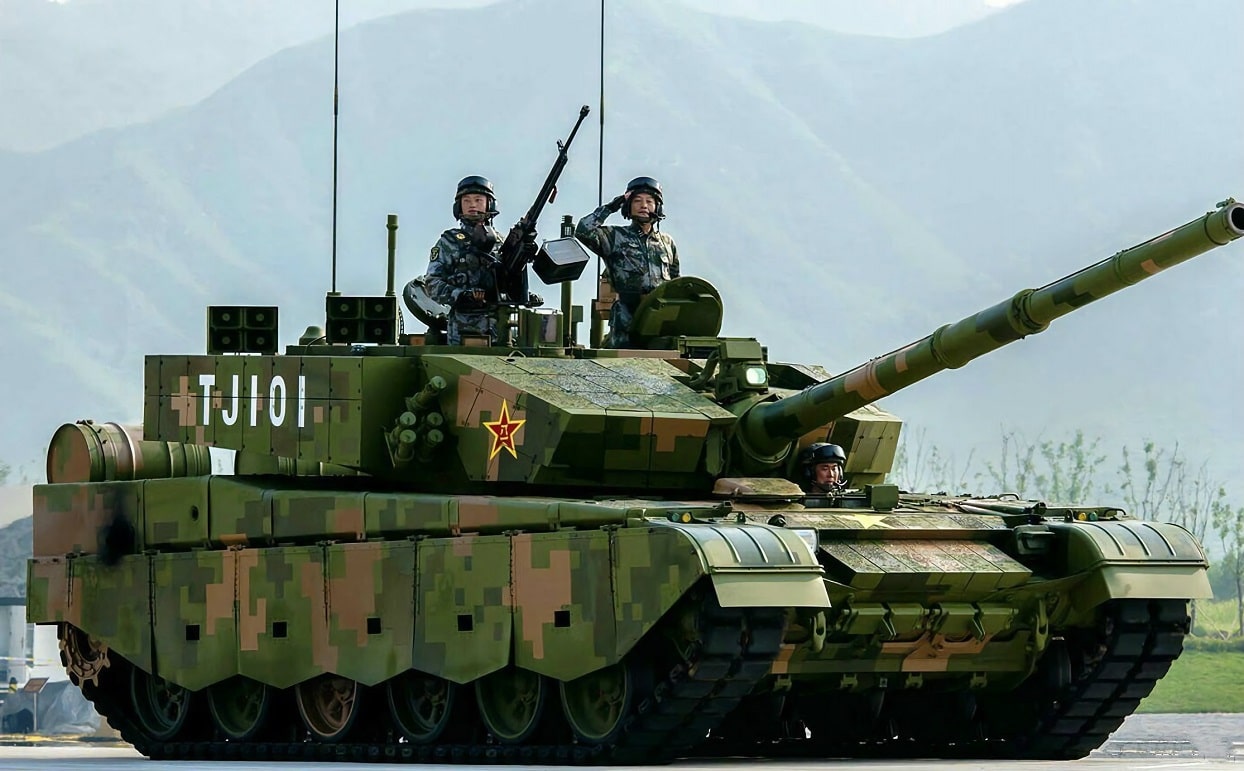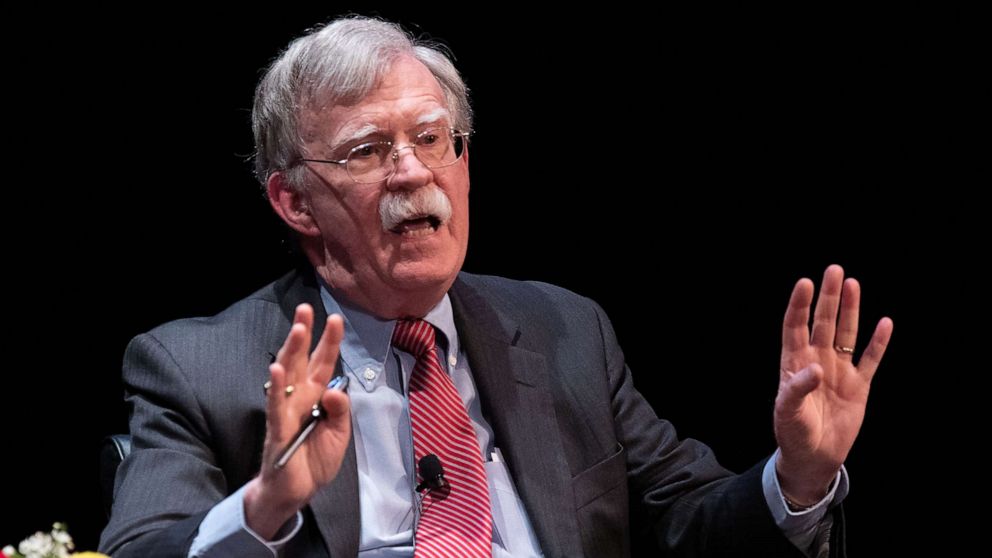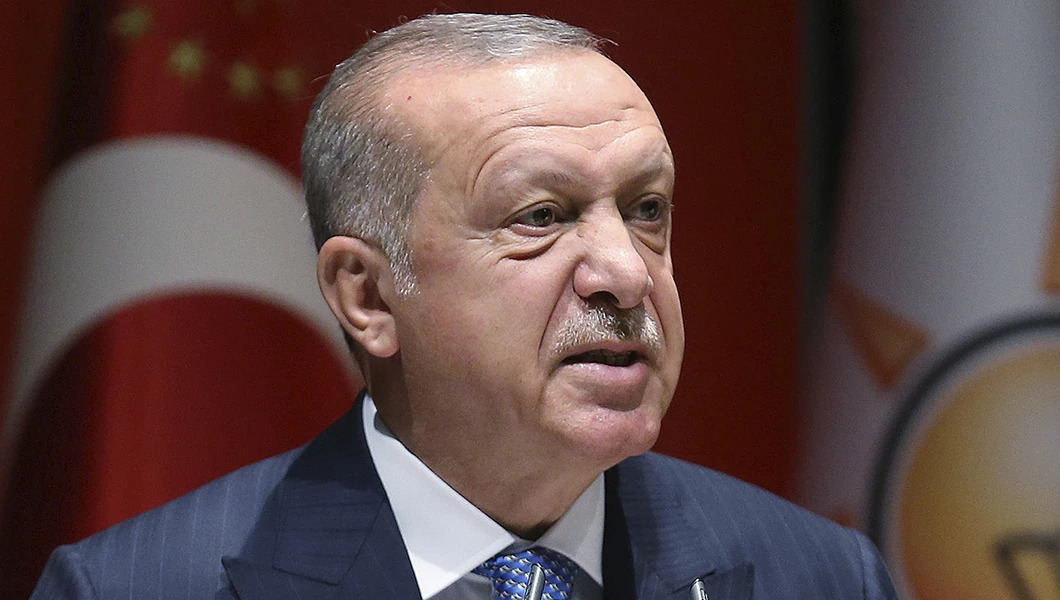By Ambassador John Bolton
Why does President Biden favor policies alienating Saudi Arabia, whose alignment with the U.S. dates from Franklin Roosevelt, while coddling Iran, our most dangerous Near East enemy?
Biden’s recent visit to Riyadh, pursuing his political priority to reduce gasoline prices before November’s elections, unmistakably failed. Criticizing Riyadh for meddling in domestic U.S. politics, the White House, despite its own obvious political motivations, threatened unspecified “consequences,” saying it will “reassess” U.S.-Saudi relations due to the Kingdom’s “decision to align their energy policy with Russia’s war.”
Congressional Democrats immediately revived proposals to block arms sales to Saudi Arabia because of Yemen’s civil war and the murder of journalist Jamal Khashoggi.
Today’s oil-pricing tensions did not arise in a vacuum, although the administration is trying to make it appear that way. In fact, Biden may simply have believed he had a deal when he didn’t, reminding us that international-affairs scholars Simon & Garfunkel once warned “a man hears what he wants to hear and disregards the rest.”
And it is more than obvious that Iran is Russia’s real Middle East ally, as its supply of “kamikaze” drones demonstrates. Reprisals against the Saudis now would cause lasting strategic damage to Washington, in fact enhancing Moscow’s influence in Riyadh.
Biden’s badly misguided Middle East policies are reaping predictable results. In 2020, he was rhetorically brutal to the Saudis, saying “I would make it very clear we were not going to in fact sell more weapons to them. … We are going to in fact make them pay the price and make them in fact the pariah that they are.”
He emphasized there was “very little social redeeming value in the present government in Saudi Arabia,” pledging to “end the sale of material to the Saudis where they’re going in and murdering children.”
That was strike one from the Saudi perspective, although later, as president, Biden did authorize some Saudi arms sales.
Strike two was candidate Biden’s overall campaign against the oil-and-gas industry. He described climate change as “the existential threat of all time,” essentially advocating putting Saudi Arabia and other oil-producing Arab states out of business. Biden wants to reduce reliance on carbon-based fuels through all possible means, notwithstanding the complex dependence of advanced industrial society on precisely those fuels. The merits of Biden’s views are debatable, and their likelihood of success dubious, but his hostility to the industry, foreign and domestic, is open and notorious.
Speaking of existential threats, strike three from Riyadh’s perspective was Biden’s obsession with rejoining the gravely flawed 2015 Iran nuclear deal. For a candidate who stressed the importance of repairing America’s international alliances, Biden paid little heed to the fears of Israel and the Gulf Arab states. They view Tehran’s continued pursuit of nuclear weapons, ballistic-missile delivery systems and support for terrorists, like Hamas, Hezbollah and Yemen’s Houthi rebels, in just that light. They rightly fear that Biden’s blindness to Iran’s multiple threats, so reminiscent of President Obama, reflects an upside-down view of the Middle East that endangers not only them but the United States as well.
For the Saudis, these three strikes alone easily justified rebuffing Biden’s recent supplications. Riyadh says its subsequent decision to restrict oil production rests on economic analyses unrelated to U.S. politics, a disagreement unlikely to be resolved soon. The real question is what Washington does next. Eliminating or restricting U.S. arms sales to Saudi Arabia, as Sens. Menendez (D-N.J.), Blumenthal (D-Conn.) and others urge, likely with White House support, is precisely the wrong approach.
Yemen’s tragic civil war continues because of Iran’s persistent efforts to meddle in the Gulf Arabs’ backyard. It is Iran’s surrogates in Yemen, using weapons supplied by Tehran, that have targeted Saudi and Emirati civilian sites like airports and oil installations. Tehran keeps the Houthis threat alive to obtain the incalculable strategic advantage of enveloping the Gulf monarchies through a continued Iranian military presence in Yemen. The arms shipments that should cease are from Iran to the Houthis, not U.S. sales to Saudi or the United Arab Emirates. The civil war would likely find at least partial resolution shortly thereafter.
Moreover, the region’s truly momentous strategic question now is whether Iran’s ongoing demonstrations, sparked by Tehran’s “morality police” murdering Mahsa Amini, a young Kurdish woman, will grow sufficiently to threaten the regime’s legitimacy and very existence. After years of widespread opposition to the ayatollahs’ economic mismanagement, these new country-wide demonstrations are being reinforced by increasing numbers of striking workers in the oil-and-gas and manufacturing sectors.
Western reporters outside of Tehran are rare, but reports in Farsi on social media, including cell-phone pictures and videos, show the resistance continuing and strengthening. There is word of security forces refusing orders to suppress the resistance or fleeing confrontations with emboldened demonstrators.
Ground truth is hard to come by, but no one should underestimate the fierceness with which the ayatollahs will try to cling to power. Indeed, their savagery just in the six weeks since Amini’s murder has left over 200 civilian dead and thousands injured.
The White House is utterly tone deaf, at precisely the moment when domestic opposition to the ayatollahs has reached levels unseen since they seized power in 1979, to pressure not Iran but Saudi Arabia. Riyadh and other Arabs can quietly and effectively assist Iran’s resistance, especially the Arab and Sunni ethnic and religious minorities, and provide safe-havens outside Iran for the resistance to organize, plan and grow into a real counter-revolutionary force. If the ayatollahs fell, their successors would not likely sell drones to Russia.
Even former President Obama has admitted he was wrong not to have done more to aid the protesters against Iran’s thoroughly rigged 2009 presidential election. Biden likes to say, “don’t compare me to the Almighty; compare me to the alternative.” He should apply the same logic to the Middle East, which should make the choice easy for his administration.
High U.S. gasoline prices are due to Biden’s own inflationary fiscal policies (and the Federal Reserve’s sustained low-interest rates), as well as restrictions on domestic oil production. Post-election, Biden should stop blaming Saudi Arabia and look in the mirror. John Bolton was national security adviser to President Trump from 2018 to 2019, U.S. ambassador to the United Nations from 2005 to 2006 and held senior State Department posts in 2001-2005 and 1985-1989. His most recent book is “The Room Where It Happened” (2020). He is the founder of John Bolton Super PAC, a political action committee supporting candidates who believe in a strong U.S. foreign policy.
